Having left Germany, I often find myself looking back through the many pictures I took, thinking about the experiences I had and what I learned, and thinking about what kinds of places and experiences I would seek out if I ever get to go back. This is, perhaps, the greatest gift the study abroad tour to Germany left me with – an excitement and desire to travel and experience even more.
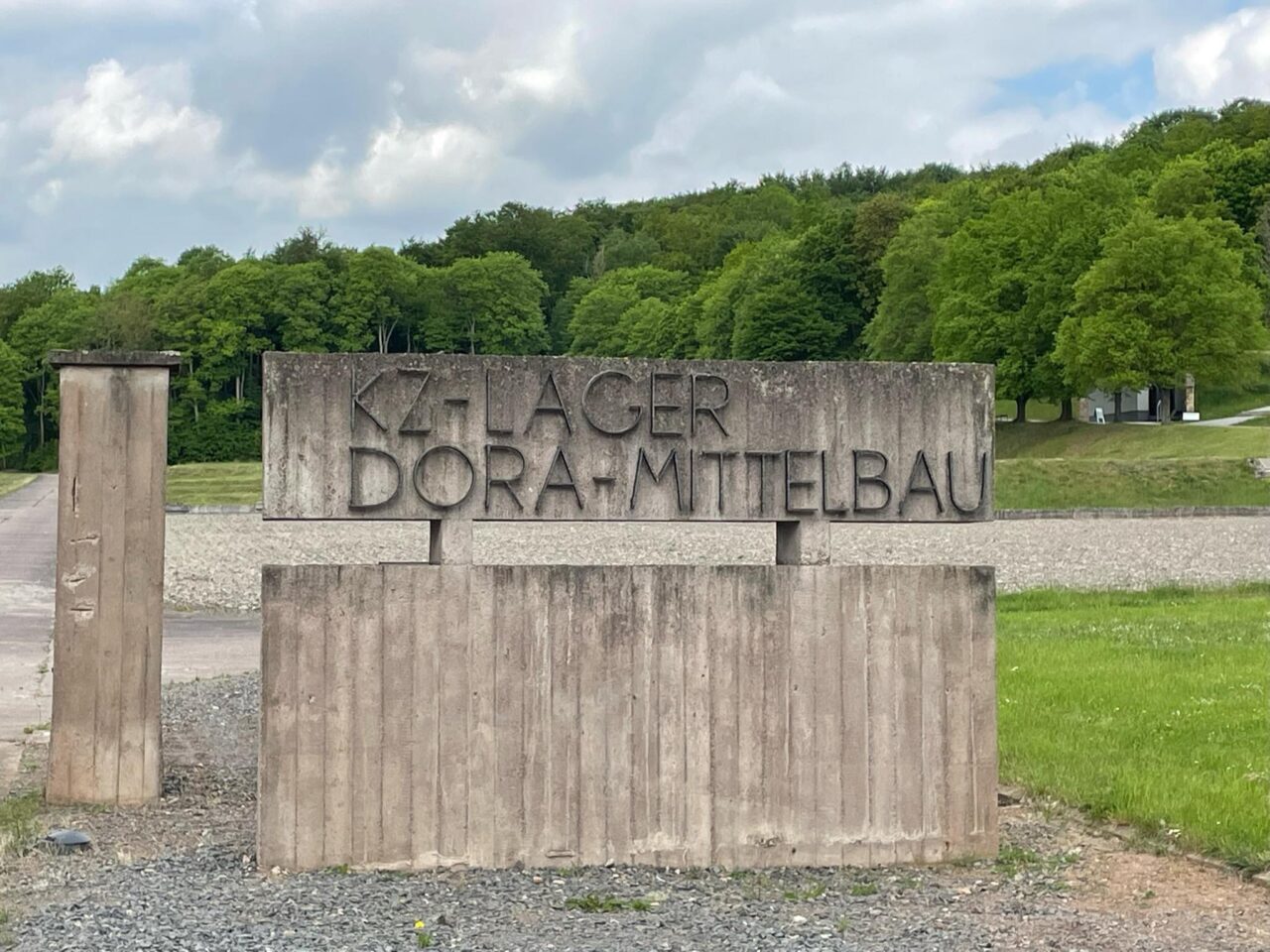
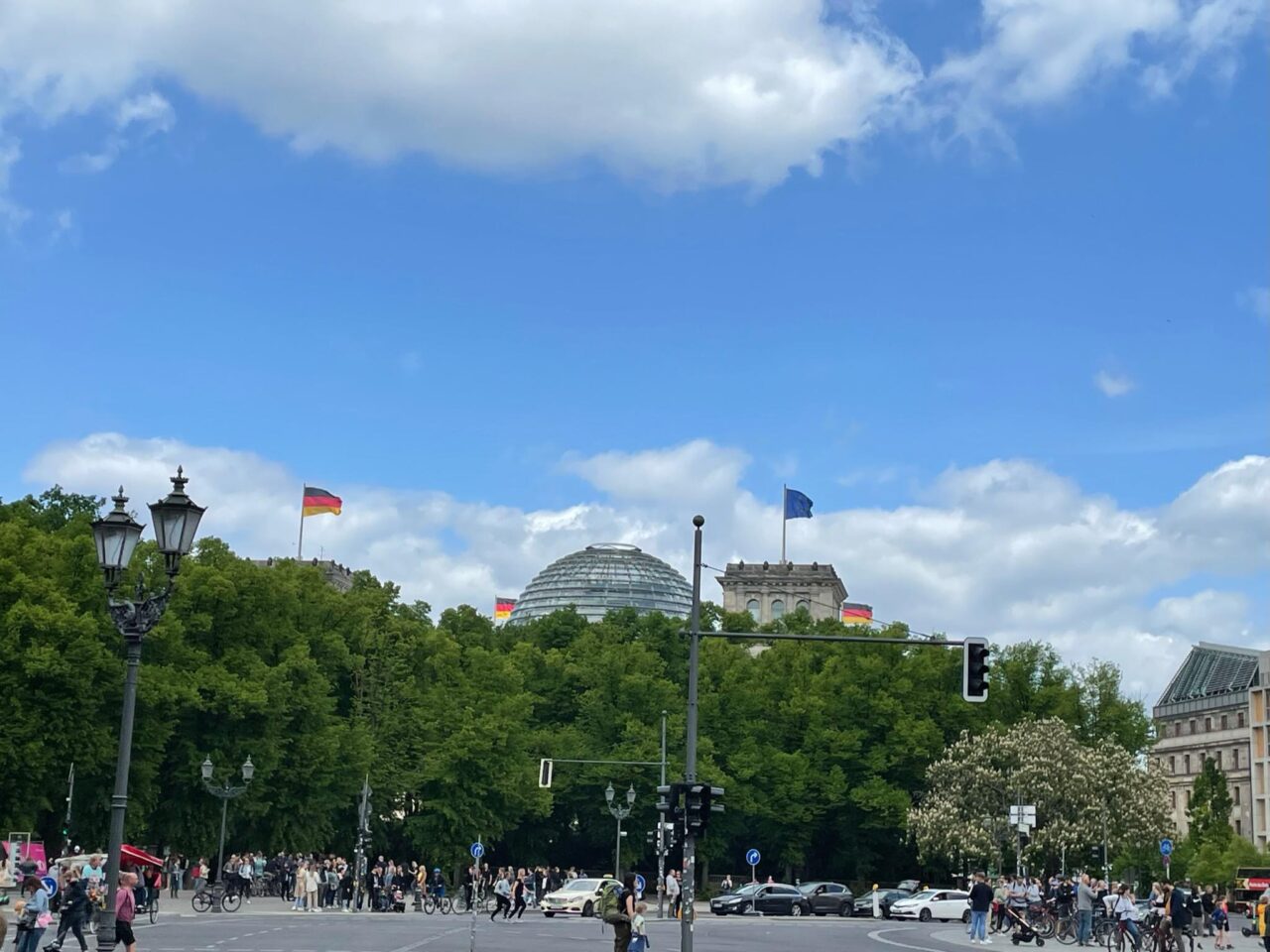
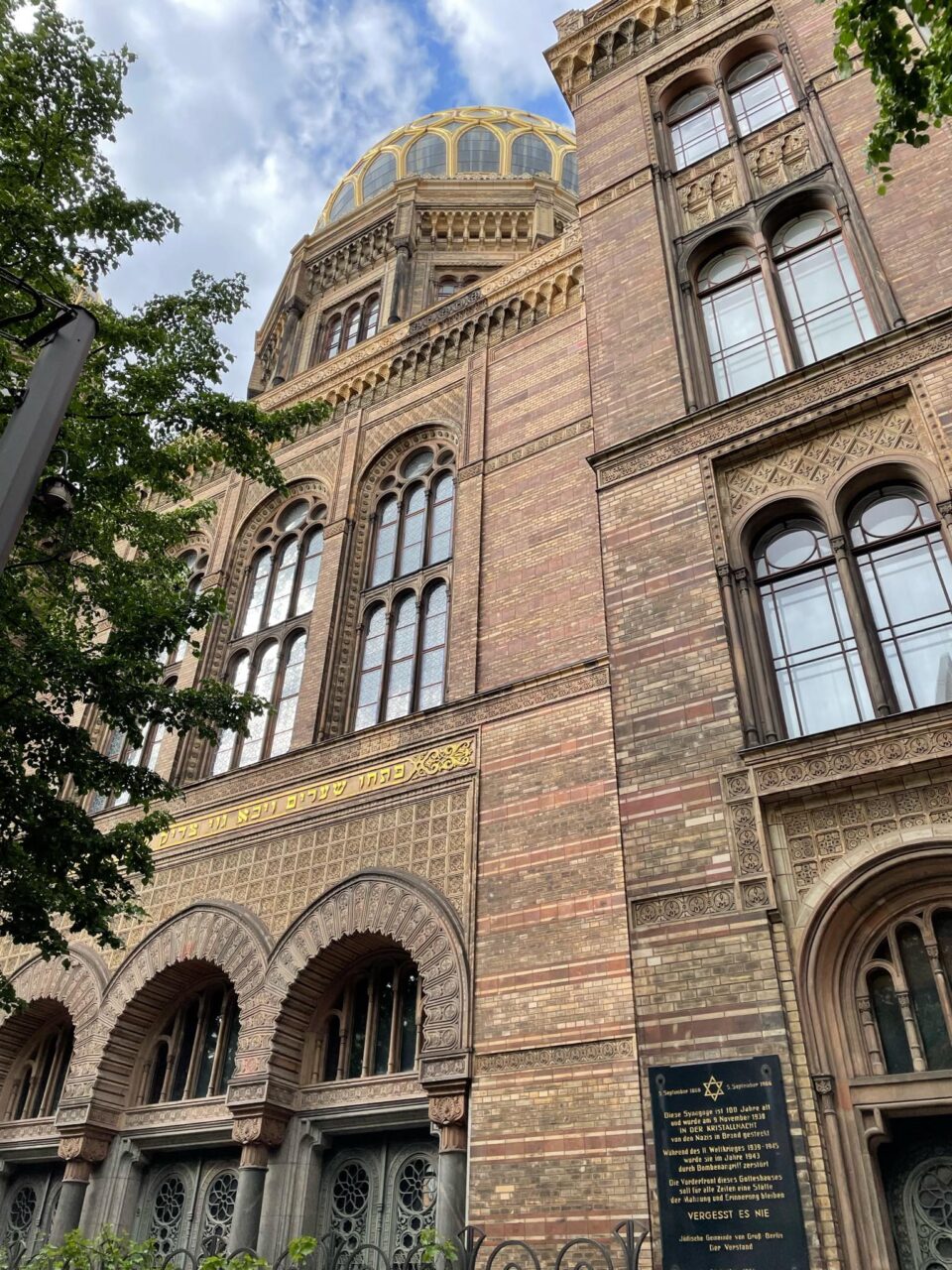
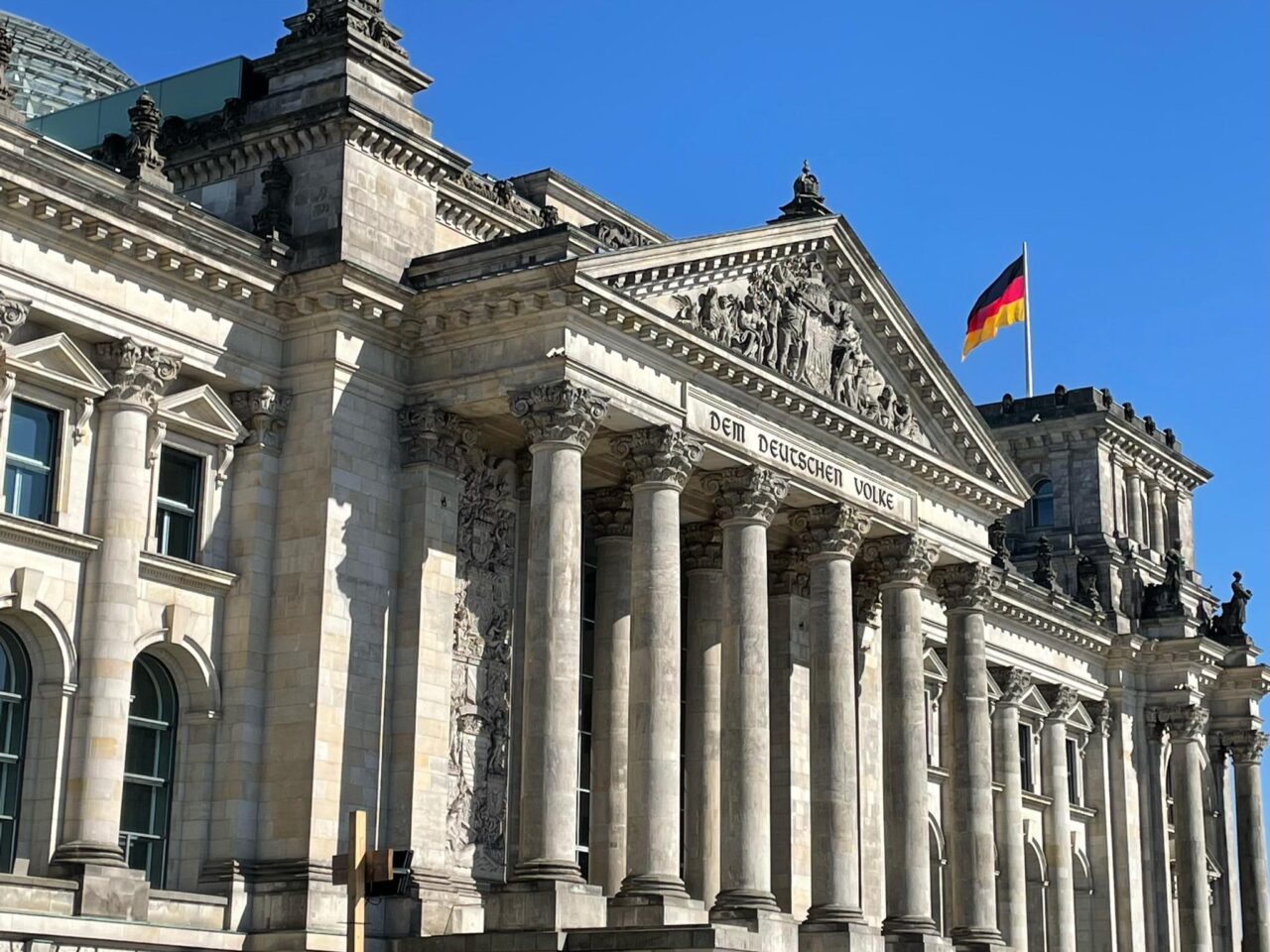
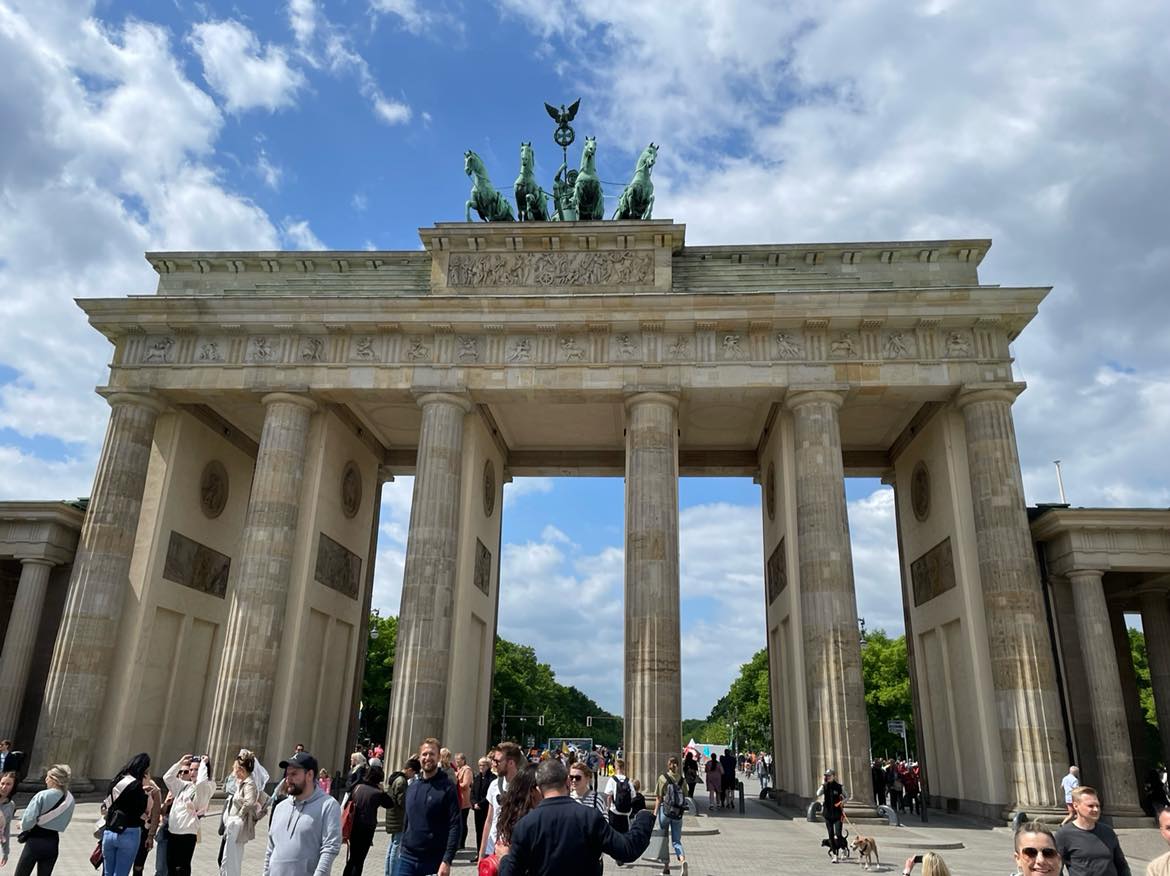
At the beginning of the trip, the class spent a couple of days visiting documentation centers and other sites related to National Socialism in Munich. The opportunity to sit in a room and look through books, papers, and documents that had once formed the backbone of National Socialism in Munich, and Germany as a whole, was astounding. I gained a much deeper sense of the gravity and importance of documentation centers and museums. I, as a student more than eighty years after the rise of Nazi Germany had the opportunity to physically interact with artifacts related to it. What better way to teach students, and indeed all citizens, of the evils of National Socialism than a trip to the very places in which its political machine worked? From our first day in Munich, I recognized that this study abroad tour was far more than an opportunity to go on a trip to Europe. Instead, I had the opportunity to engage with history in the very places it happened, not merely read about it and see pictures. The class went on a short walking tour of Munich led by documentation center staff where the guide pointed out buildings and architecture that were built and occupied by the Third Reich itself. I was not imagining history as it happened eighty years ago on another continent – I was experiencing history as it happened where I stood, and looking at its scars.
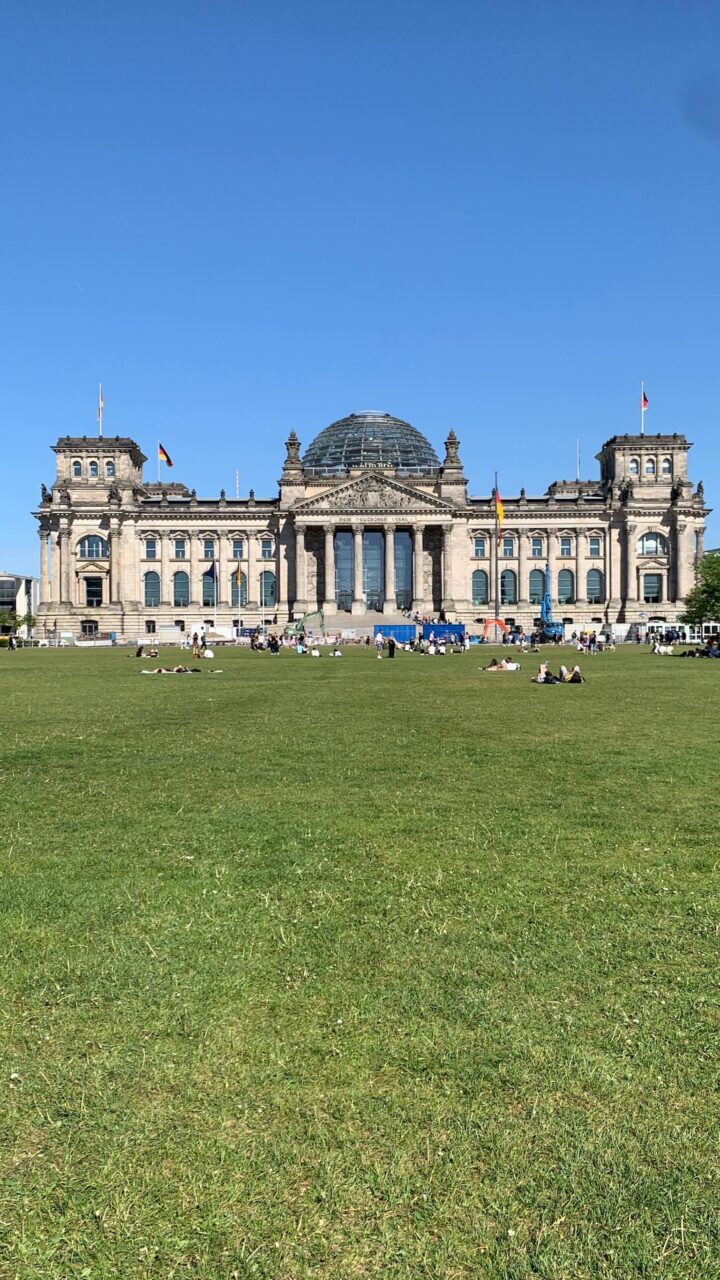
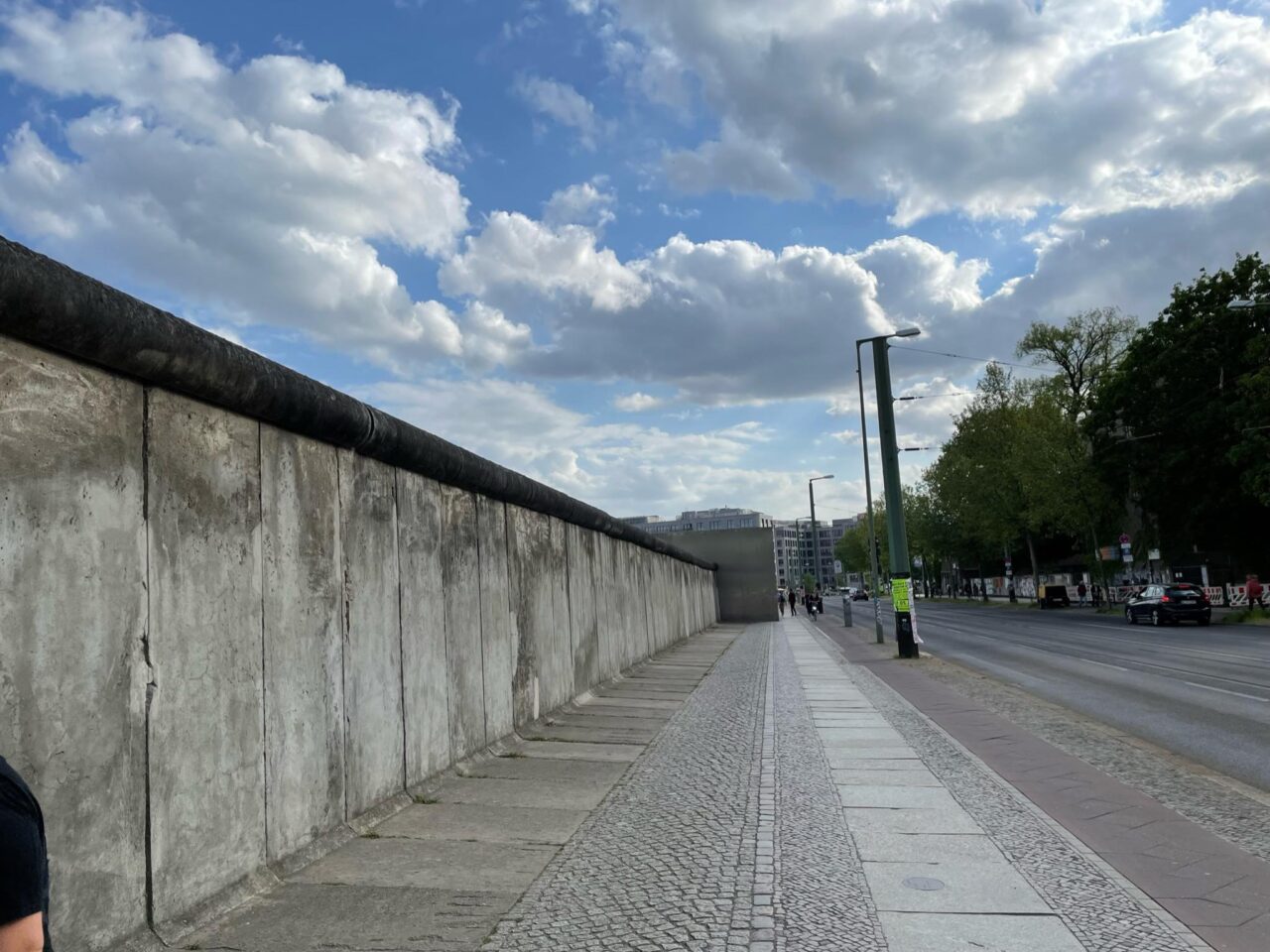
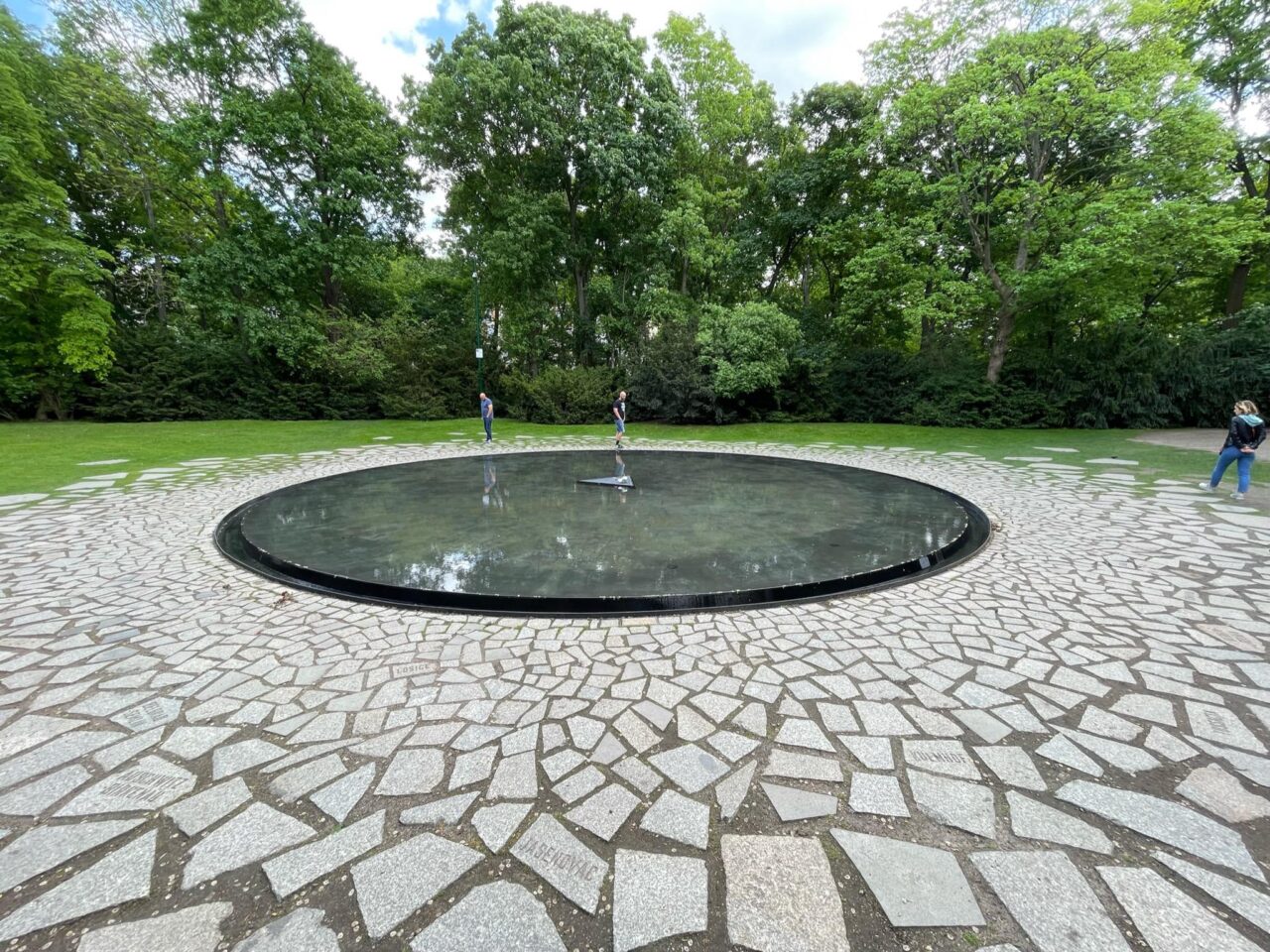
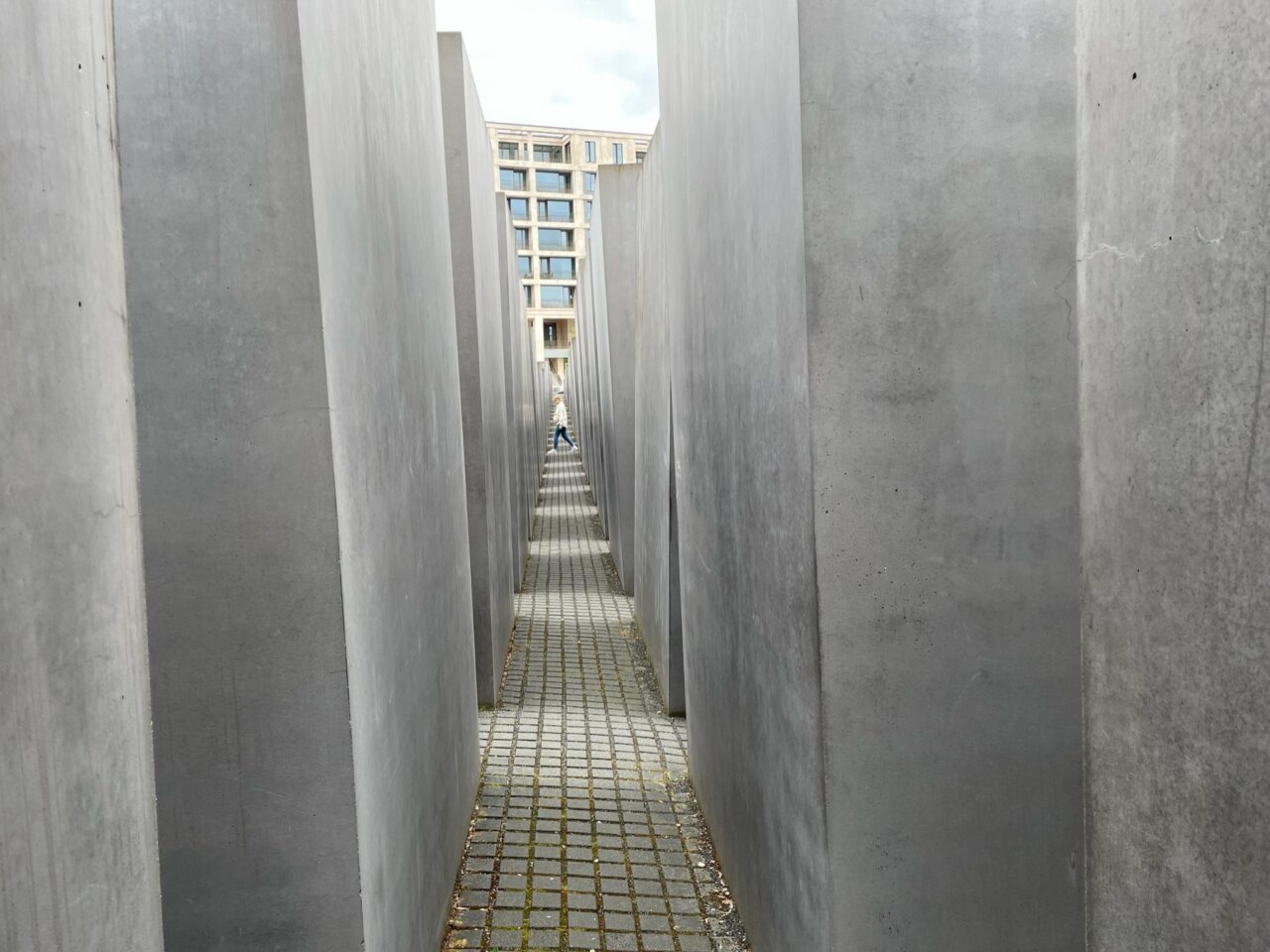
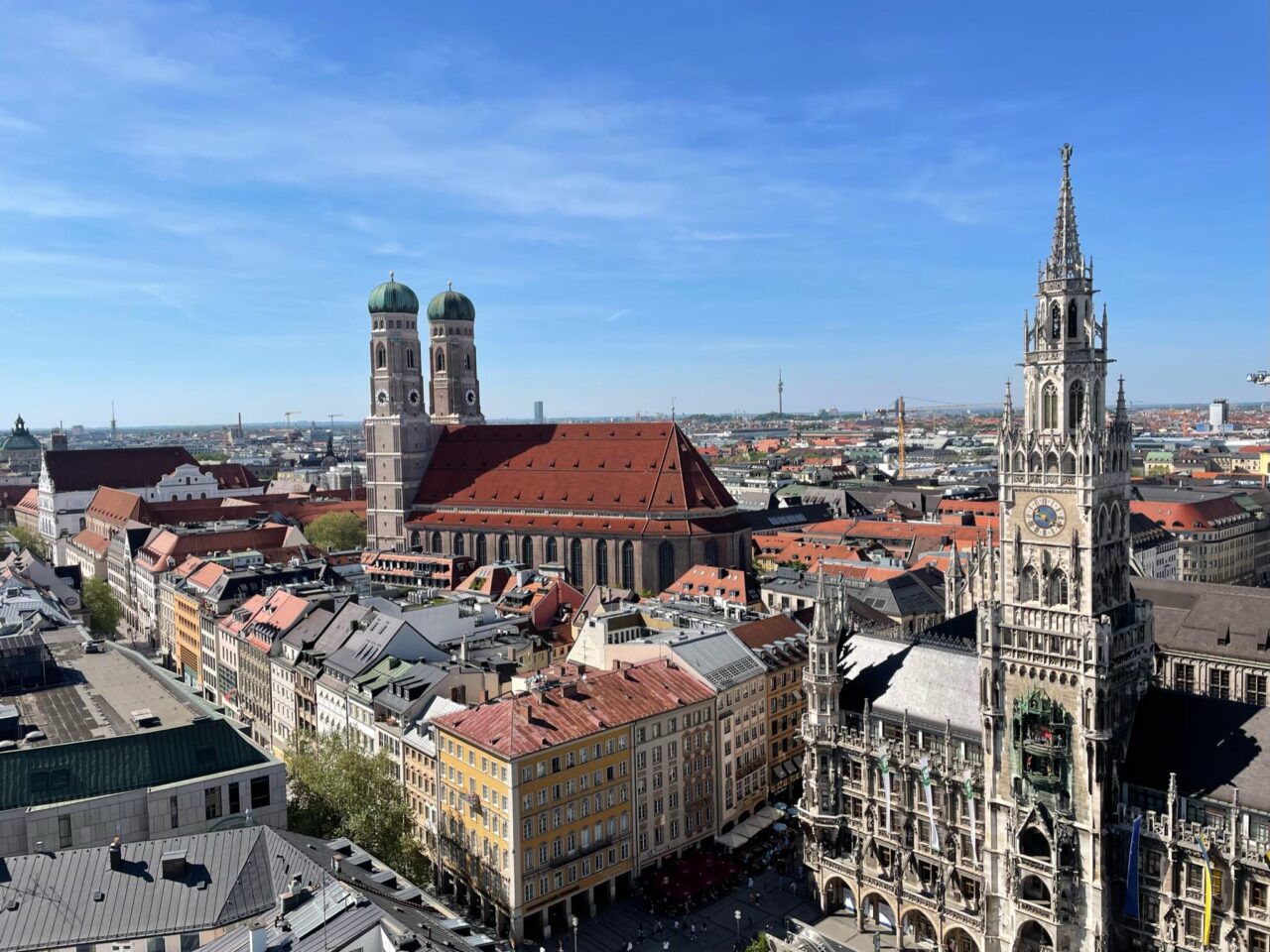
After Munich, the class began the drive up to Berlin, stopping at a couple of different sites on the way, including the former concentration camp, Mittelbau-Dora. Mittelbau-Dora is located outside of Nordhausen, Germany, and gets far less traffic than other concentration camps. For much of the time we spent at Mittelbau-Dora, our class was the only group of visitors. I really enjoyed visiting a more out-of-the-way site that still offers a great deal of historical context. The staff at Mittelbau-Dora gave us a tour of the camp, showed us videos survivors recorded after the war, led discussions of culpability and the knowledge that both camp guards and the surrounding towns had, and helped the class get a detailed understanding of how the concentration camps in Nazi Germany ran. Since our visit to Mittelbau-Dora, I feel that I have a much better understanding of the concentration camp system and how it operated both in relation to its inmates and its surrounding area. If Mittelbau-Dora taught me one thing, it is that these concentration camps were not hidden from the public, and general passivity or even acceptance allowed their use to continue before and throughout WWII.
The last days of the trip in Berlin offered further historical context and the valuable experience of learning history in the very place it originally happened. This study abroad opportunity gave me the wonderful opportunity to take what I learned back to the United States and apply it to my life now and in the future. All the books and images in the world do not have the same power that physically traveling to historic sites does. I was fortunate enough to have such an opportunity, and I hope I will again someday.
Emery Benson (BA History) spent several weeks of May 2022 in Germany as part of a faculty-led trip linked with a UTC course. Emery had the following to say about study abroad, “Studying abroad is one of the best decisions I made. The opportunity to travel to a new place and explore – both on my own and with knowledgeable faculty and country residents – has helped shape my perspective and will be an experience I always look back on.”
Share this post:
Leave a Reply